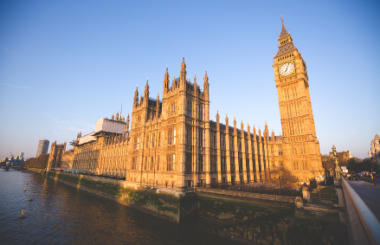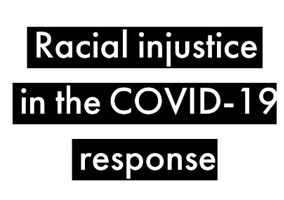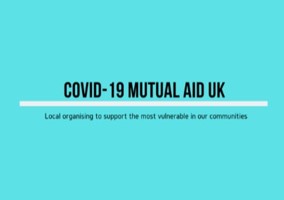Ten disability charities have criticised the government for allowing people “to fall through the cracks”, with the group standing to lose up to £75m this year.
The statement says disabled people have been failed by the government as many key services for disabled people have failed to secure emergency Covid-19 funding.
Members of the Disability Charities Consortium (DCC) warned of a perfect storm placing many services on the brink.
The government announced £750m worth of funding for the UK charity sector in April, which includes £6m in cash grants for charities supporting mental health, autism and learning disability.
While some money has been made available for these charities, the DCC say it is nowhere near enough to match the demand for services, and that those with physical disabilities are being overlooked.
The DCC is concerned about the lack of support for disabled people through the pandemic and in the long-term. It says many essential services may have to stop and that this could lead to “unthinkable consequences” for the future.
The consortium members are: Scope, Sense, Mind, Action on Hearing Loss, the Business Disability Forum, Mencap, the National Autistic Society, RNIB, Disability Rights UK and Leonard Cheshire.
The DCC estimates that their collective losses will be in the range of £50m to £75m for the year. Scope estimates its losses to be £16m to £20m and Leonard Cheshire to be £12m to £25m.
‘Without vital funds, we will have stark choices to make about cutting services or, in some cases, closing our doors.’
The co-chairs of the DCC, Neil Heslop, chief executive of Leonard Cheshire, and Mark Hodgkinson, chief executive of Scope, said in a joint statement: “Despite repeated efforts to raise the issue, it feels like the UK’s 14 million disabled people, particularly those with physical conditions, are being forgotten and allowed to fall through the cracks.
“Providers of services are facing spiralling costs, a rapid drop in income from cancelled fundraising activities, but huge surges in demand as a result of the crisis, creating the perfect storm.
“Right now, we are collectively supporting millions of disabled people who are anxious, isolated and alone. Our staff are providing vital services, information and support under incredibly difficult circumstances. Sometimes we are the only place that disabled people have to turn.
“We want to be there for every disabled person who needs us, but this could soon be an impossibility. Disability charities, large and small, are at risk of disappearing at the very time that disabled people need us most. Without vital funds, we will have stark choices to make about cutting services or, in some cases, closing our doors.”












